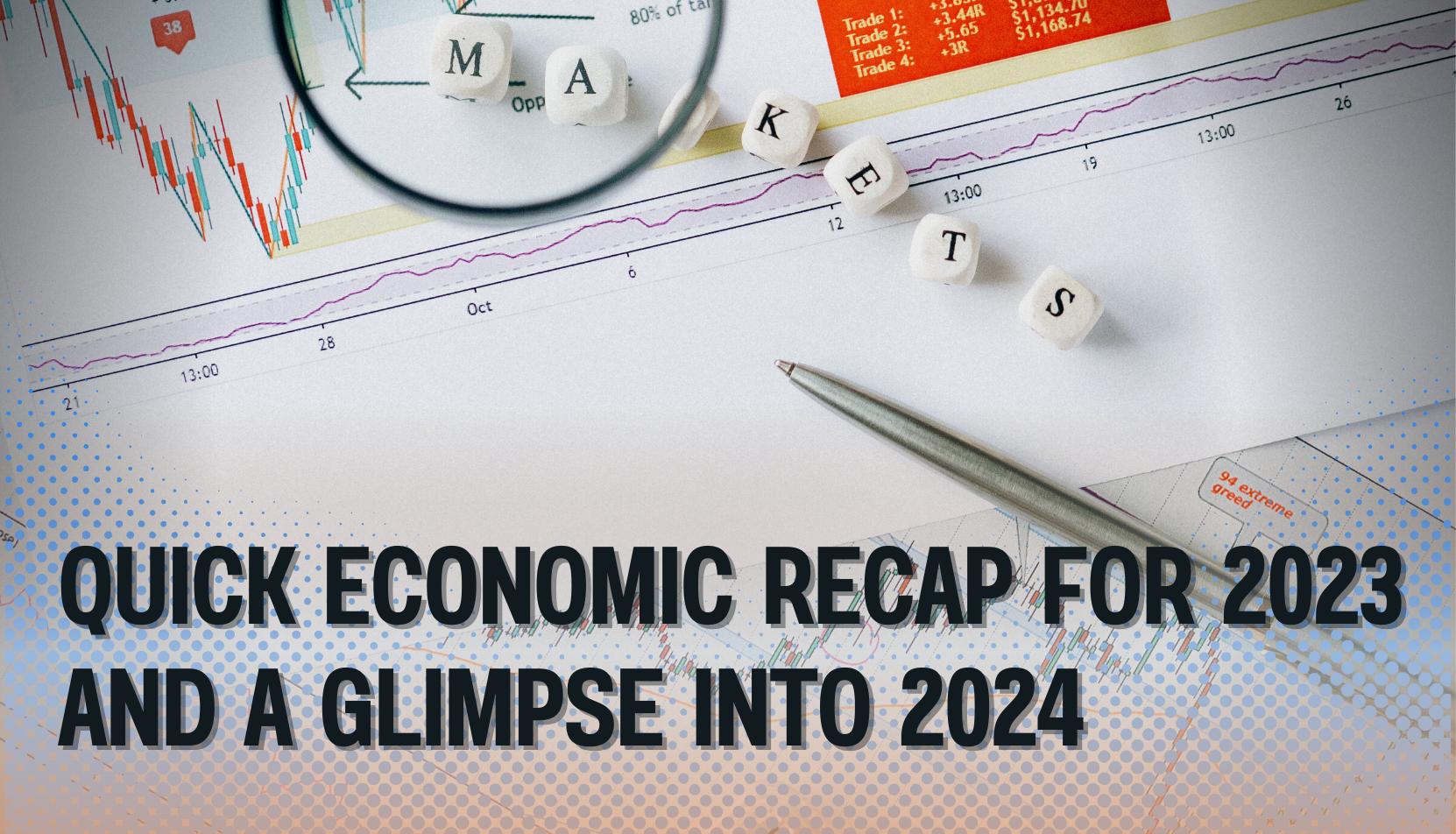
Introduction
In December 2022, Dr. James Doti, President Emeritus and Professor of Economics at Chapman University, delivered a forecast that left many scratching their heads. Predicting a mild recession in the second half of 2023, Chapman's Annual Economic Forecast caught the attention of investors and analysts alike. Fast forward to the present, and the questions linger - where is the recession, and what went wrong with the predictions?
The Numbers Game
Chapman's forecast for Real GDP in 2023 stood at $87 billion, but the actual figure surpassed all expectations, reaching an impressive $523 billion. The forecasted federal deficit of $1.4 trillion also missed the mark, as the reality unfolded with a $2 trillion deficit. The significant difference of $600 billion was covered by selling bonds to the public and relying on the Federal Reserve. The question arises - was a recession truly averted, or did economic forces defy the projections?
Real Estate in the Crosshairs
For real estate investors, the repercussions of these economic surprises have been tangible. Over the last two years, the residential market and multi-family sector witnessed a surge in interest rates. Rather than opting for the conventional 30-year fixed-rate mortgages, investors turned towards 3- or 5-year adjustable rate mortgages due to the heightened cost of leverage. The quest for lucrative multi-family deals became more challenging as interest rates soared.
Strategies for Uncertain Times
As economists speculate that interest rates may eventually drop, albeit conservatively to the 5% range, real estate investors find themselves at a crossroads. The key to weathering the uncertainty of the next two years lies in conservative underwriting. Investors must tread cautiously, factoring in the unpredictability of the market and potential shifts in interest rates.
Conclusion
Chapman University's 2022 Economic Forecast may have missed the mark on predicting a recession, but its aftermath serves as a valuable lesson for real estate investors. Navigating through economic uncertainties requires a strategic and conservative approach. As interest rates continue to play a pivotal role in shaping the real estate landscape, investors must remain vigilant, adapting their strategies to ensure success in an ever-changing market.

